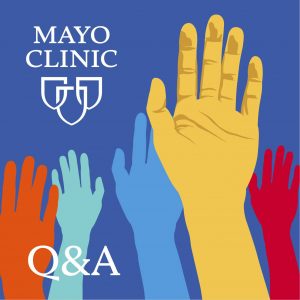
Systemic therapies are drugs that are taken orally or by IV to treat cancer. Types of systemic therapies for breast cancer include chemotherapy, hormone therapy, immunotherapy and targeted drug therapy. Which therapy is used depends on which type of breast cancer is being treated.
"The goal of systemic therapy is simply to either inhibit the growth of cancer cells or to kill them and to eradicate them from the body," says Dr. Matthew Goetz, a medical oncologist at Mayo Clinic. Dr. Goetz is also co-leader of the Mayo Clinic Cancer Center Women’s Cancer Program.
"If you can imagine a patient who is diagnosed with breast cancer, and those cancer cells have spread to other parts of the body, such as the liver, or the bone or the lung, we refer to this as stage 4 breast cancer," says Dr. Goetz. "For those patients, systemic therapy really is the predominant therapy that we would use to slow down, eradicate and eliminate those cancer cells."
While patients have many systemic therapy options, Mayo Clinic research seeks to improve on these treatments and develop new drugs to treat and prevent cancer.
"We're one of six centers in the country that has a specialized program of research excellence, which means that we have a large group of individuals doing research in the area of drug development," explains Dr. Goetz. "For example, we have a group that's developing new vaccines to actually prevent breast cancer. We're excited to see the results of that study."
On the Mayo Clinic Q&A podcast, Dr. Goetz discusses advances in using systemic therapies to treat breast cancer.
Watch: Dr. Matthew Goetz discuss systemic treatments for breast cancer.
For more information and all your COVID-19 coverage, go to the Mayo Clinic News Network and mayoclinic.org.








